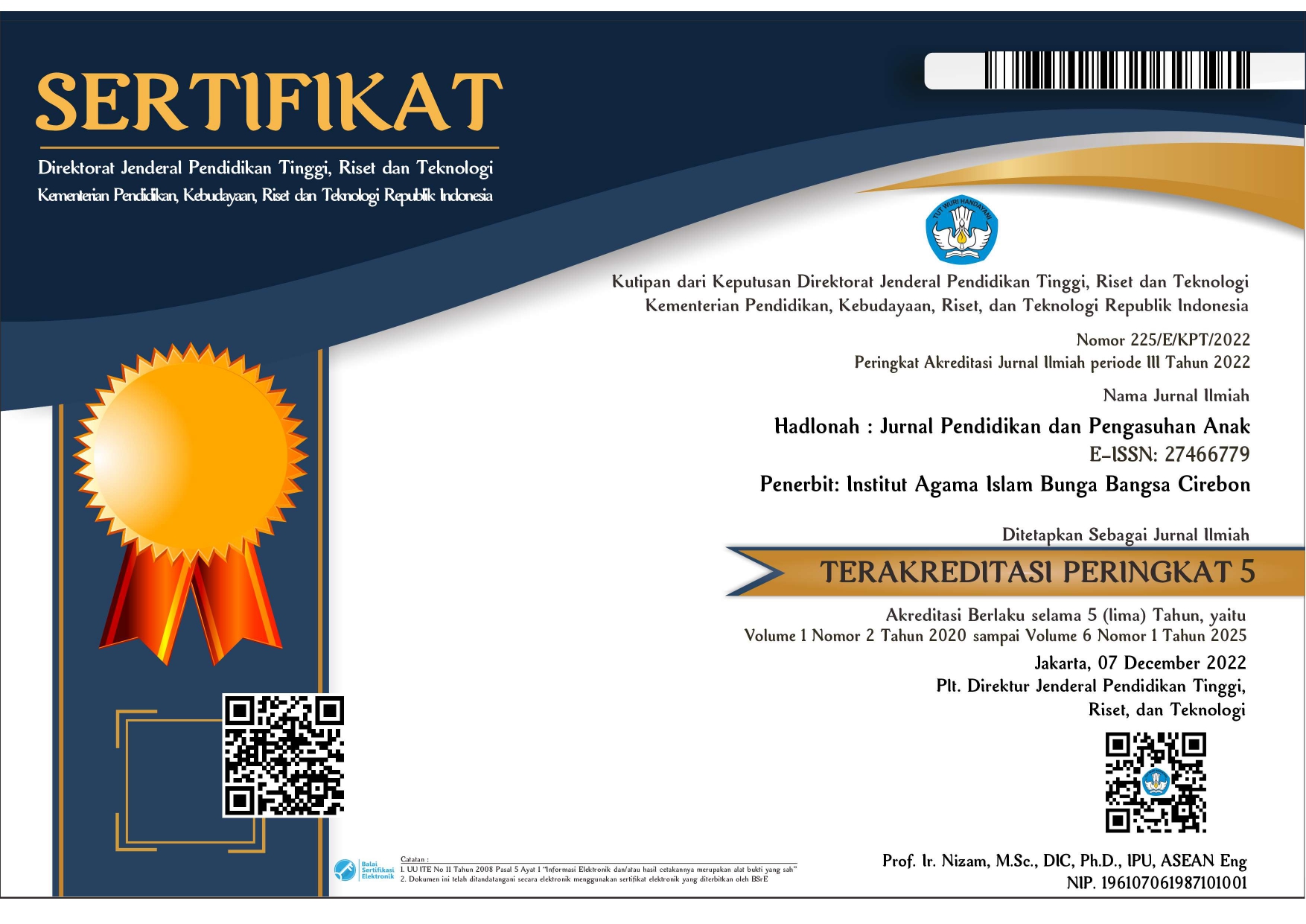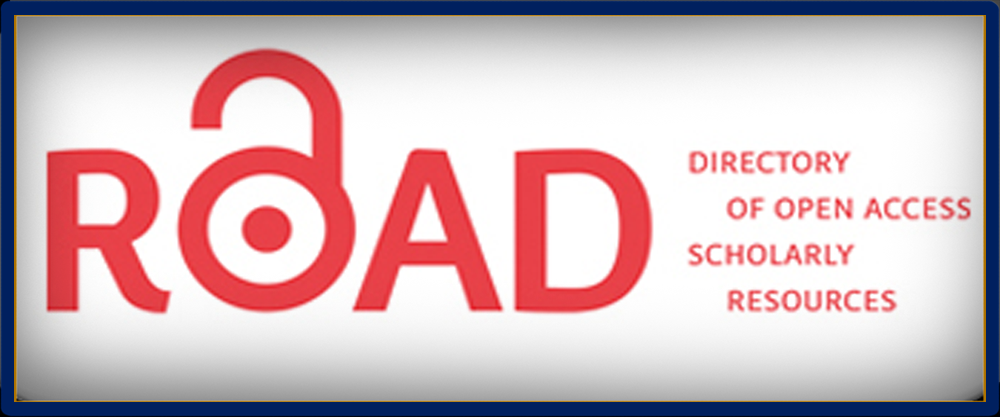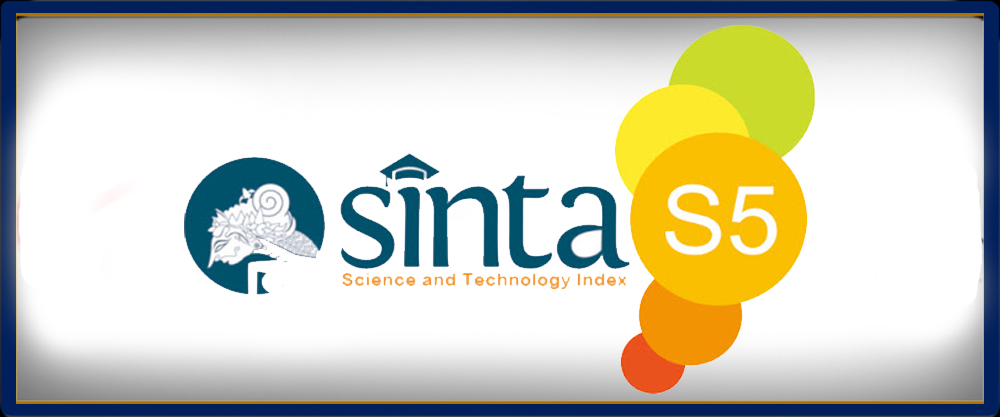Peran Orangtua Tunggal Dalam Membentuk Nilai agama Anak Usia dini Di Samadua Kabupatrn Aceh Selatan
Abstract
Single parents who raise children without a father or mother to accompany them require more struggles and challenges in raising and meeting family needs. The background of this research is that family education is very important, especially religious education, because religion is an asset for children as a provision for their next life, every parent ust instill it fro an early age. The subjects of this study were 3 single parents who had children aged 56 years in Mukim Sedar, Samadua District, South Adeh District. This study aims to determine the roles and constraints of single fathers and single mothers in shaping children’s religious values in Mukim Sedar, Samadua District, South Aceh District. This study uses qualitative research with a case study approach. Data collection techniques are observation, interviews and documentation. The mothers instill religious values in children by means of gentleness, affection, and communicate more verbally, on the other hand, fathers tend to be more assertive and don’t communicate much verbally with their children. The religious values fomed by the Samadua community for early childhood are faith, morals, and worship education. In addition, the constraints faced are limited time because parents work to meet family.
Downloads
References
Krisnawati, Sintadan Rohita, 2020. Peran Ayah Dalam Menanamkan Nilai Ibadah Pada Anak Usia 4-5 Tahun. Jakarta Selatan: Jurnal AUDHI. Vol.2, No.2.Marzuki. 2015. Pendidikan Karakter Islam, Jakarta: AmzahMeliani, F., Ahmad, N., & Suhartini, A. (2022). The Islamic Perspective of Education of Children With Special Needs (Case Study at Sada Ibu Inclusion Elementary School). Eduprof : Islamic Education Journal, 4(2), 261–277. https://doi.org/10.47453/eduprof.v2i2.37Meliani, F., Muhyidin, D. S., Ruswandi, U., Arifin, B. S., & Suzana, S. (2022). Challenges of Using Technology in Islamic Religious Education Learning (Application of Flipped-Classroom in Class X PAI Subjects at SMAPlus Pagelaran Subang). Edukasi Islami : Jurnal Pendidikan Islam, 11(4).Meliani, F., Sunarti, E., & Krisnatuti, D. (2014). Faktor Demografi, Konflik Kerja-Keluarga, dan Kepuasan Perkawinan Istri Bekerja. Jurnal Ilmu Keluarga & Konsumen, 7(3), 133–142. https://doi.org/10.24156/jikk.2014.7.3.133Miles dan Huberman. 2009.Analisis Data Kualitatif. Jakarta: Universitas Indonesia Press.Mujib, Abdul.2008. IlmuPendidikan Islam. Jakarta: Kencana.Musthafa, I., & Meliani, F. (2021). Penerapan Metode Pembelajaran Islam Klasik Al-Zarnuji Di Era Revolusi Industri 4.0. JIIP-Jurnal Ilmiah Ilmu Pendidikan, 4(7), 654–667. https://doi.org/10.54371/jiip.v4i7.329Nurhidayah. 2008. Pengaruh Ibu Bekerja dan Peran Ayah dalam Coparenting Terhadap Prestasi Belajar Anak. Journal Soul, 1 (2).Rahmawati, Istina. 2015. Peran Keluarga Dalam Pengasuhan Anak. Jawa Tengah:Bimbingan Konseling Islam, Vol.6, No.1.Rosminidkk, 2019. Pedoman Penggunaan Alat Untuk Mengukur Pengasuhan†Pusat Studi Gender dan Anak UIN Alauddin Makassar. PSGA UIN Alauddin Makassar: Romangpolong.Sriyanti, Ika, 2019. Evaluasi Pembelajaran Matematika, Ponorogo: Uwais Inspirasi Indonesia.Sugiyono. (2015). Metode Penelitian Pendidikan (Pendekatan Kuantitatif, Kualitatif, dan R&D). CV Alfabeta.Sugiyono. 2014.Memahami Penelitian Kualitatif. Bandung: Alfabeta.Zubaedi. 2019. Optimalisasi Peranan Ibu dalam Mendidik Karakter Anak Usia Dini Pada Zaman Now. Bengkulu, IAIN Bengkulu, VOL. 3 NO. 1

















